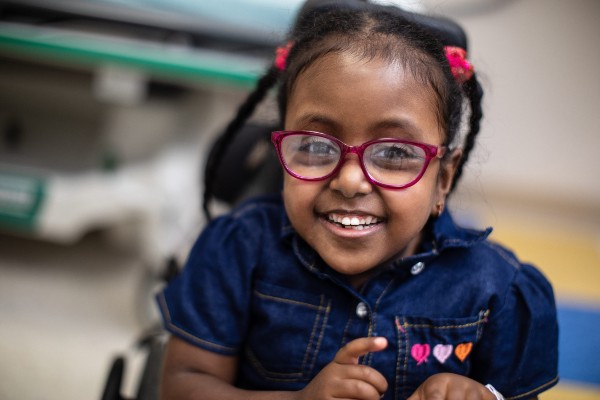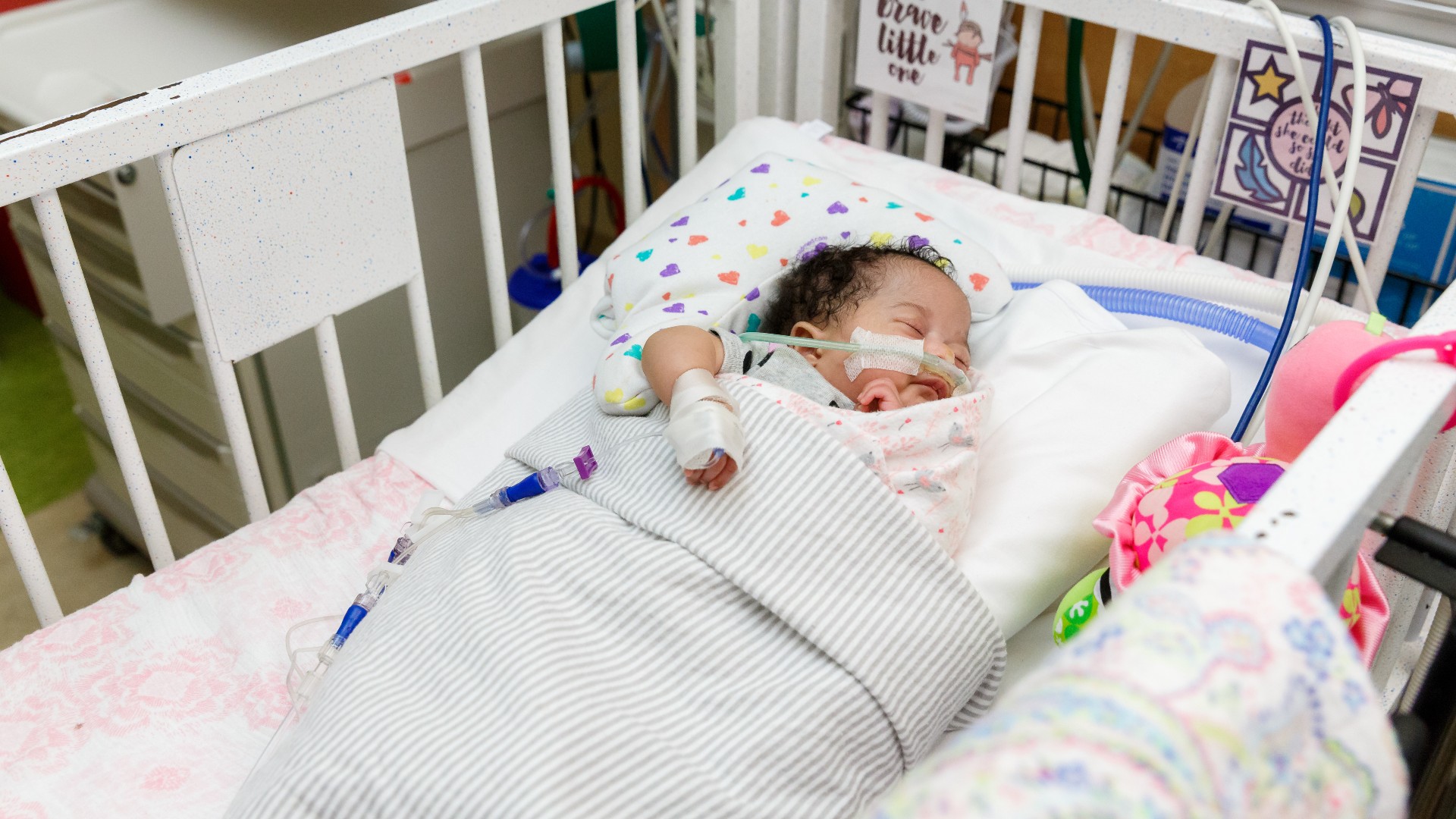Treatment
Pediatric Intestinal Rehabilitation
Intestinal failure results from surgical resection, congenital defect or disease associated loss of absorption and is characterized by the inability to maintain protein-energy, fluid, electrolyte or micronutrient balances when on a conventionally accepted normal diet.
About This Treatment
Applicable Conditions
Specialized Intestinal Rehabilitation Unit
Treatment and Care
Goal
Outcomes
Meet the Intestinal Rehabilitation Providers
Departments that Offer Intestinal Rehabilitation

Intestinal Rehabilitation Program
Our nationally renowned team members have dedicated their careers to treating children with intestinal failure. We offer a precise diagnosis, a personalized treatment plan, and ongoing care for children and families. Learn more about our program.

Help Kids and Make a Difference
Invest in future cures for some of life's most devastating diseases. Give today to help more children grow up stronger.






